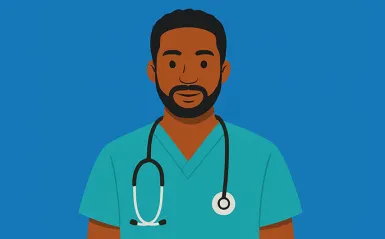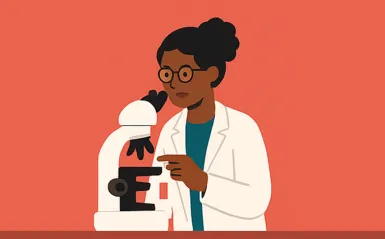At North Hennepin Community College, you can earn an associate degree that leads to in-demand, high-paying jobs in fields like healthcare, IT, and public service.
Degree to Career
The careers below are accessible with an associate degree and can serve as strong entry points into high-demand fields. Earning a bachelor's degree may expand your opportunities and increase your earning potential.
Salary information is sourced from O*NET.
Paralegal AS Degree
Paralegal and Legal Assistants in Minnesota:
- Workers on average earn $67,320.
- 10% of workers earn $44,800 or less.
- 10% of workers earn $98,480 or more.
Nursing AS Degree
Registered Nurses In Minnesota:
- Workers on average earn $100,870.
- 10% of workers earn $75,830 or less.
- 10% of workers earn $128,200 or more.
Marketing Specialist AAS
Marketing Specialists In Minnesota:
- Workers on average earn $81,460.
- 10% of workers earn $48,520 or less.
- 10% of workers earn $139,090 or more.
Computer Science Transfer Pathway AS
Computer Systems Analysts In Minnesota:
- Workers on average earn $106,740.
- 10% of workers earn $73,810 or less.
- 10% of workers earn $159,350 or more.
Medical Lab Technology AAS
Clinical Laboratory Technologists and Technicians in Minnesota:
- Workers on average earn $74,840.
- 10% of workers earn $53,100 or less.
- 10% of workers earn $97,550 or more.
Graphic Design AS
Graphic Designers In Minnesota:
- Workers on average earn $58,590.
- 10% of workers earn $38,870 or less.
- 10% of workers earn $93,600 or more.
Human Services
Social and Community Services Managers In Minnesota:
- Workers on average earn $82,990.
- 10% of workers earn $59,720 or less.
- 10% of workers earn $134,410 or more.
Accounting AS
Accountants and Auditors In Minnesota:
- Workers on average earn $81,100.
- 10% of workers earn $54,840 or less.
- 10% of workers earn $135,370 or more.
Computer Science Transfer Pathway AS
Computer Network Support Specialists In Minnesota:
- Workers on average earn $77,110.
- 10% of workers earn $51,780 or less.
- 10% of workers earn $110,560 or more.
Increase Your Career Opportunities
- Getting a degree is the most consistent path to higher pay and more career opportunities. Learn more about this.
- You can access the careers listed above with an associate degree or bachelor's degree.
- Having a bachelor's degree will make you more competitive in the job market.
Here's What Most Colleges Don't Tell Students
- Getting a degree can do great things for your career, but not if you don't put the effort in.
- It's not what your degree can do for you, it's what you can do with your degree.
- If you have a lot of professional experience, maybe all you need is the degree to open doors and reach higher levels in your career.
- If you don't have a lot of professional experience, it's important to maximize your time in college.
How to Maximize Your Time in College
- Get at least one internship.
- Work part-time jobs related to what you want to do in the future.
- Build your portfolio and get experience with projects that relate to what you want to do professionally.
- Get involved on campus and join a club that relates to your interests.
- Work for free to gain experience that will help you when applying for jobs.
- Talk with you instructors and ask a lot of career-related questions.
- Take advantage of all the resources that are available to you, like Career Services.
- Build your network and surround yourself with motivated people.
- Develop a plan and work with your advisor to plan ahead.
Sound overwhelming? You don't have to do everything on the list, but the more you maximize your time in college, the more doors will open for you in your career.








